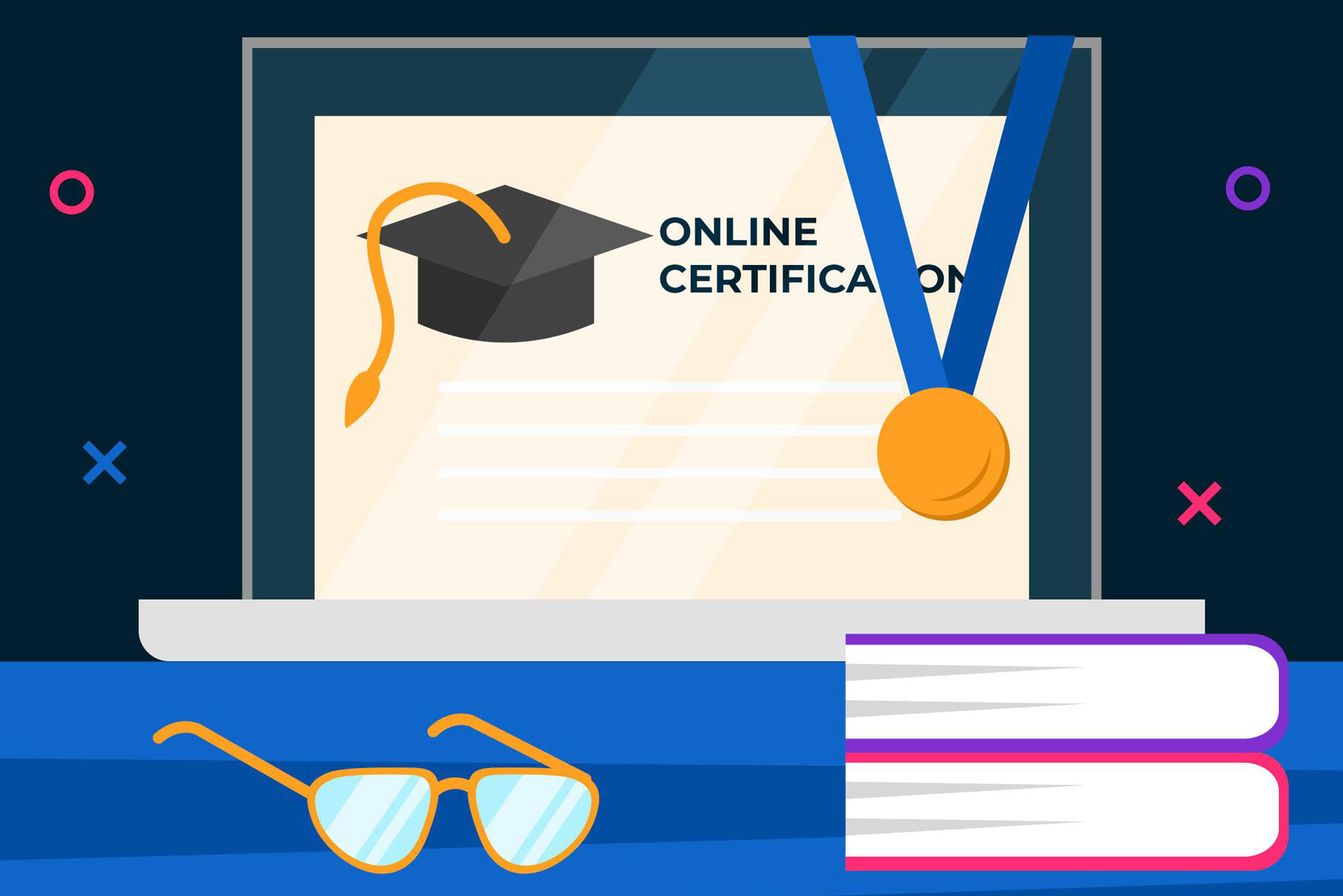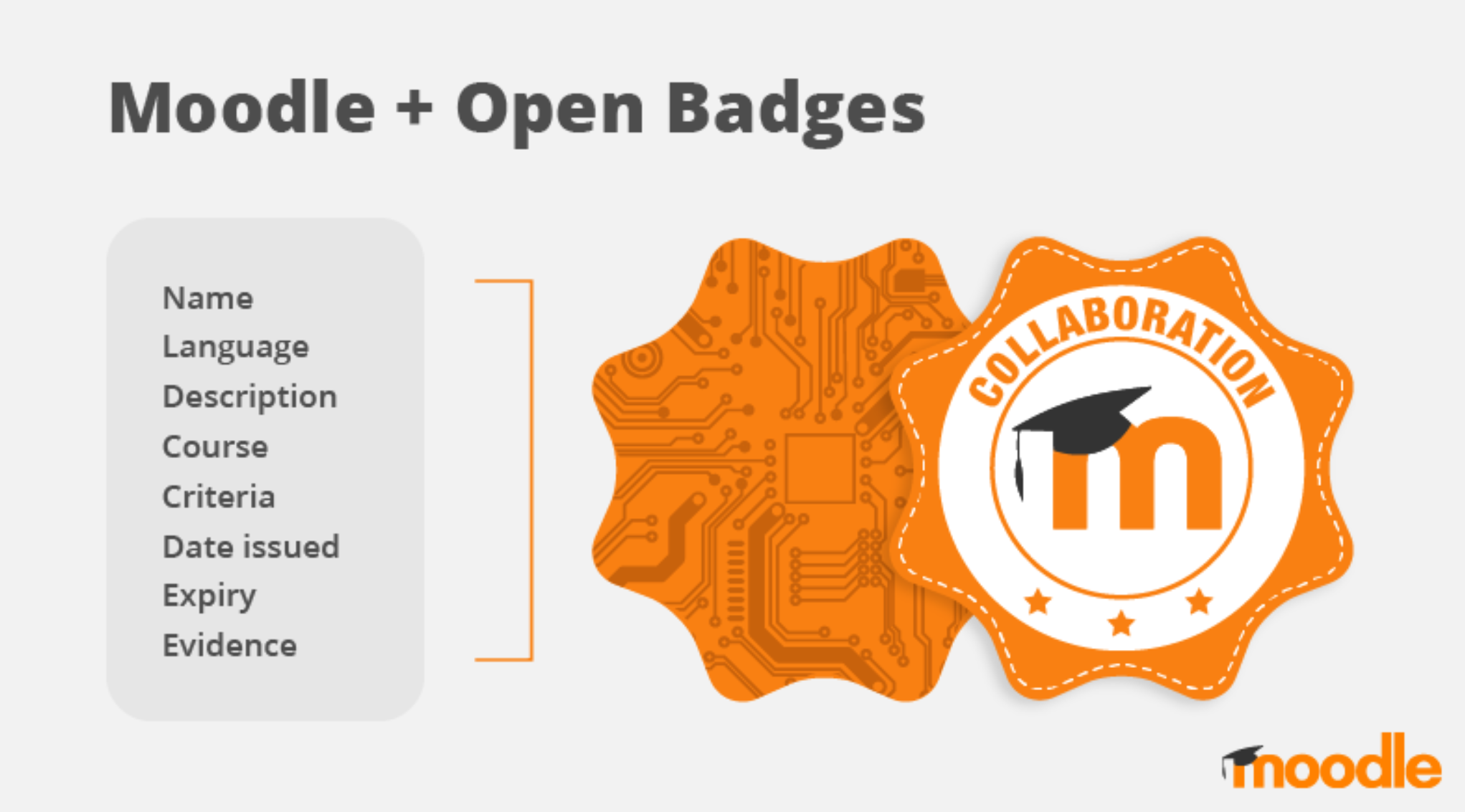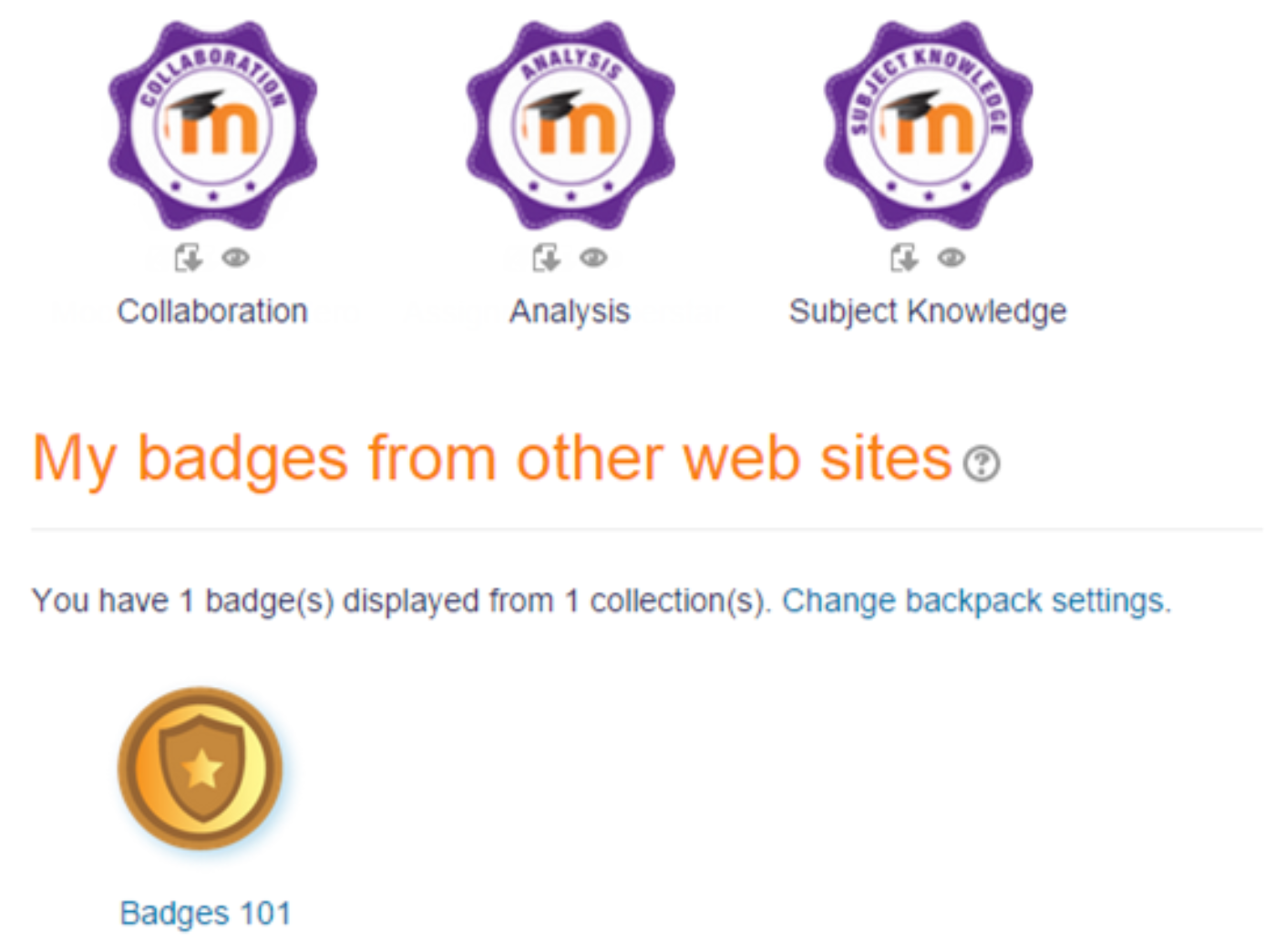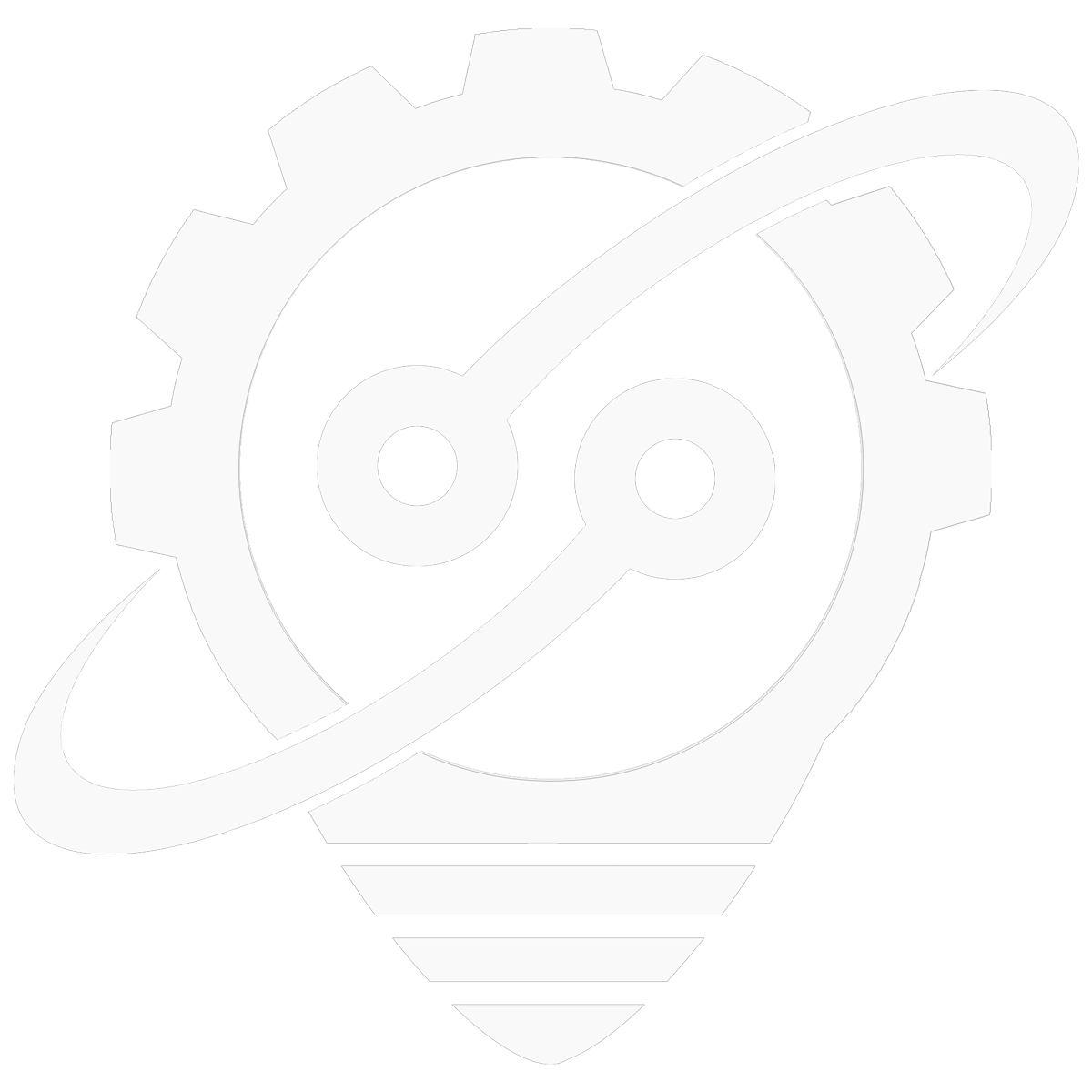
As vocational education evolves to meet the needs of modern industries, the ability to validate and recognize learning becomes more important than ever. That’s where microcredentials come in compact, skill-specific certifications that offer learners clear proof of competence, while helping employers identify qualified talent.
Thanks to platforms like Moodle, issuing microcredentials is no longer reserved for large institutions. Whether you’re a VET provider, training center, or part of an EU-funded project like DEMANDS, Moodle makes it easy to integrate certificates, digital badges, and flexible assessment tools into your training programs.
What Are Microcredentials and Why Do They Matter?
Microcredentials are small, verifiable qualifications that certify specific skills or competencies. Unlike traditional degrees, they focus on practical, workforce-relevant abilities, such as intercultural communication, digital literacy, or safety compliance.
In the context of workforce development, especially for adults in transition, such as former coal industry workers supported by the DEMANDS project, microcredentials offer a clear path to re-employment and upskilling. They give learners confidence, add value to CVs, and help employers understand what a candidate can actually do, not just what they’ve studied.
Integrating Digital Badges and Certificates in Moodle
Moodle supports a variety of tools for issuing microcredentials. With the built-in certificate and badge systems, trainers can automatically award learners upon completion of key milestones.
Digital badges can be tied to specific actions: completing a quiz, attending a session, or submitting a project. These badges are not just symbolic, they’re metadata-rich, including details like issue date, criteria, and the issuer’s identity. Learners can export them to platforms like Mozilla Backpack or display them on LinkedIn.
Custom certificates are another powerful tool. Moodle plugins such as Certificate and Simple Certificate allow organizations to design and issue printable, branded documents with learner names, course titles, dates, and signatures. In DEMANDS, this feature is used to recognize acquired intercultural communication skills, offering learners portable proof of progress as they transition to new careers.
How DEMANDS Uses Moodle for Certified Learning
The DEMANDS Erasmus+ project focuses on helping low-skilled and working-age adults from the coal industry adapt to a changing labor market. One of its standout innovations is the use of Moodle as a fully functional Open Educational Platform, where learners complete tailored modules on communication, cultural awareness, and professional skills.
Upon completing each training segment, participants receive microcredentials in the form of digital badges and official certificates. These serve as both motivational rewards and proof of qualification, essential for those seeking new employment in culturally diverse industries.
The platform not only delivers the content but also tracks learning, evaluates progress, and automates certification. This makes the entire training process efficient, accessible, and meaningful, especially for adult learners re-entering education or navigating career transitions.
Ready to Start Issuing Microcredentials?
Microcredentials are a vital component of modern vocational education, especially in sectors where skills must be demonstrated quickly and clearly. With Moodle, you don’t need a complex system to start recognizing your learners’ achievements.
From live dashboards and completion tracking to automated certificate delivery, Moodle provides everything you need to build a scalable, skills-based credentialing system.
Whether you’re part of a local training center or a transnational initiative like DEMANDS, issuing microcredentials in Moodle is a powerful way to support learner success and prove it.


Next Steps
This is the last of Moodle-related posts. It’s a practical guide on how to issue microcredentials in Moodle.
You can access all previous posts on:
DEMANDS Project
DEMANDS is an EU-funded Erasmus+ project designed to upskill workers, enhance intercultural communication, and support workforce inclusion during the energy transition.
Project materials
Discover our collection of posters, leaflets, branding assets, and more—all designed to communicate the mission and impact of DEMANDS. Download, share, and join us in spreading the word about empowering workers and fostering inclusion in the energy transition.


